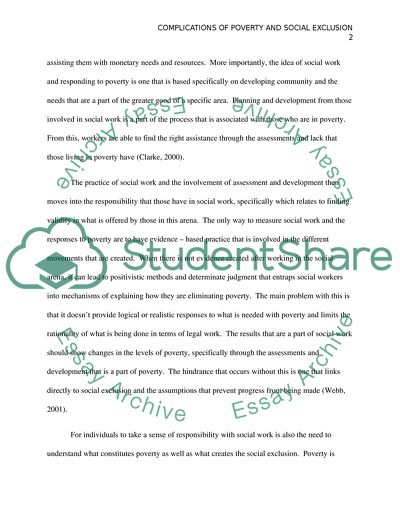Cite this document
(Poverty, Social Inclusion, and Social Work Coursework, n.d.)
Poverty, Social Inclusion, and Social Work Coursework. https://studentshare.org/social-science/1736718-poverty-social-inclusion-and-social-work
Poverty, Social Inclusion, and Social Work Coursework. https://studentshare.org/social-science/1736718-poverty-social-inclusion-and-social-work
(Poverty, Social Inclusion, and Social Work Coursework)
Poverty, Social Inclusion, and Social Work Coursework. https://studentshare.org/social-science/1736718-poverty-social-inclusion-and-social-work.
Poverty, Social Inclusion, and Social Work Coursework. https://studentshare.org/social-science/1736718-poverty-social-inclusion-and-social-work.
“Poverty, Social Inclusion, and Social Work Coursework”. https://studentshare.org/social-science/1736718-poverty-social-inclusion-and-social-work.


